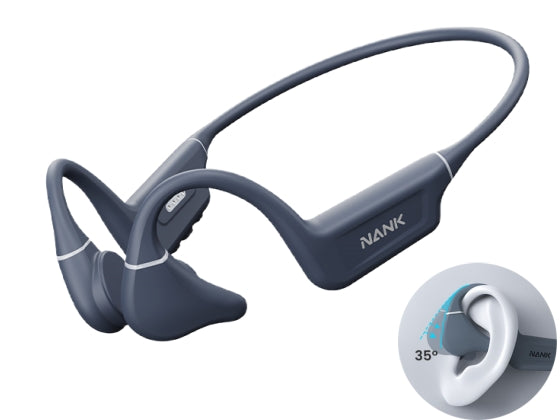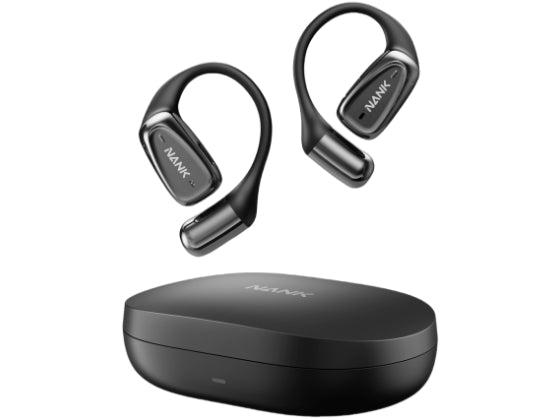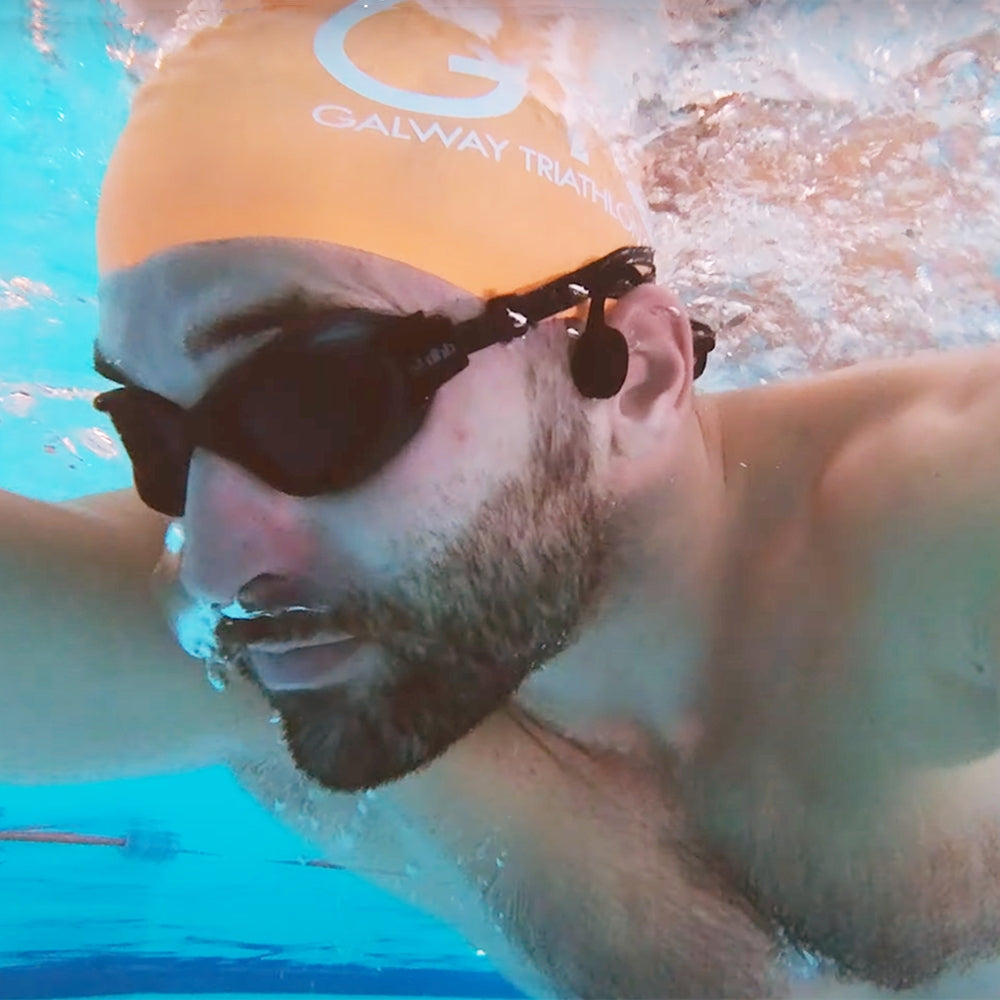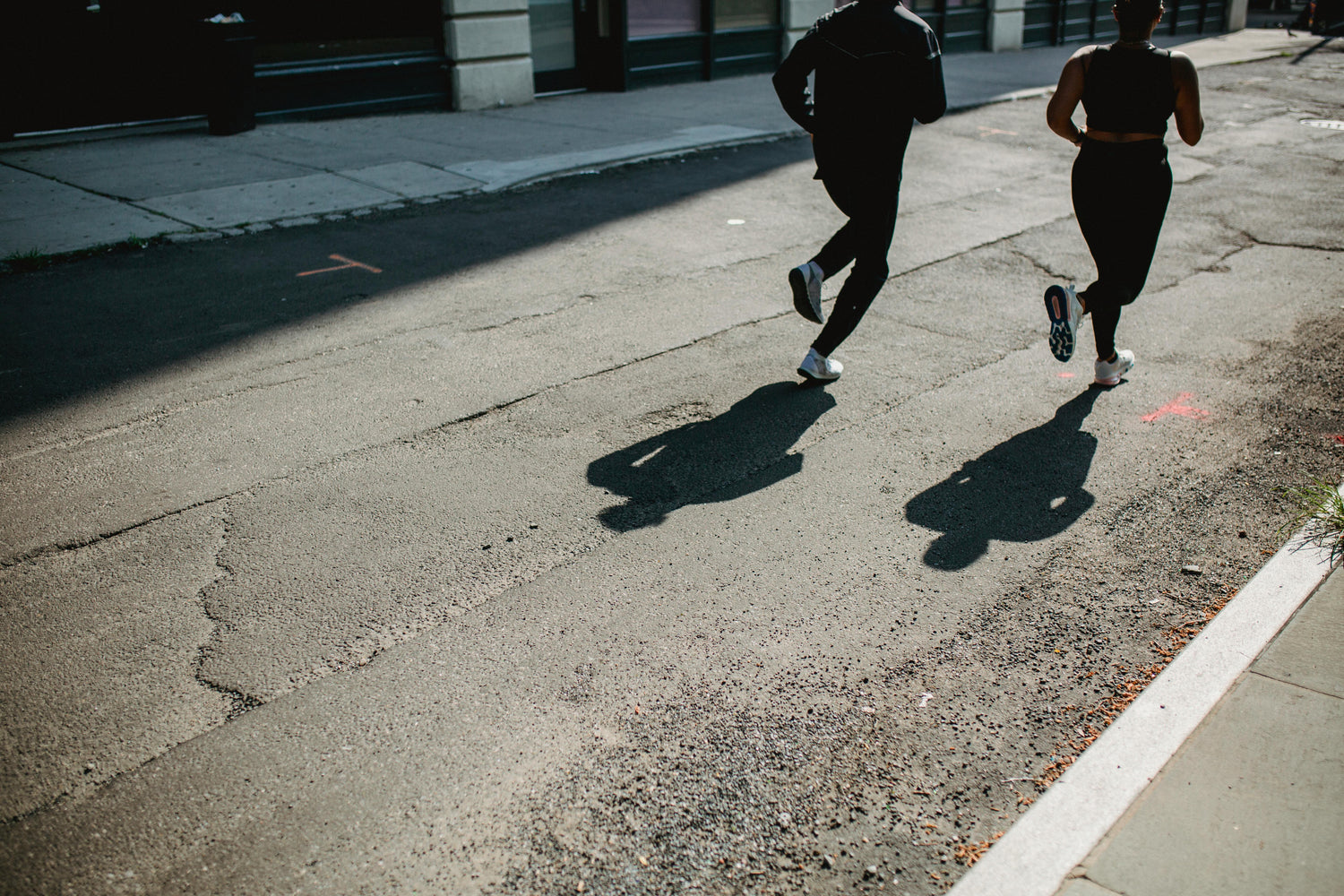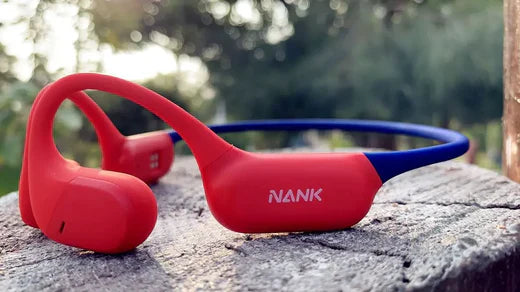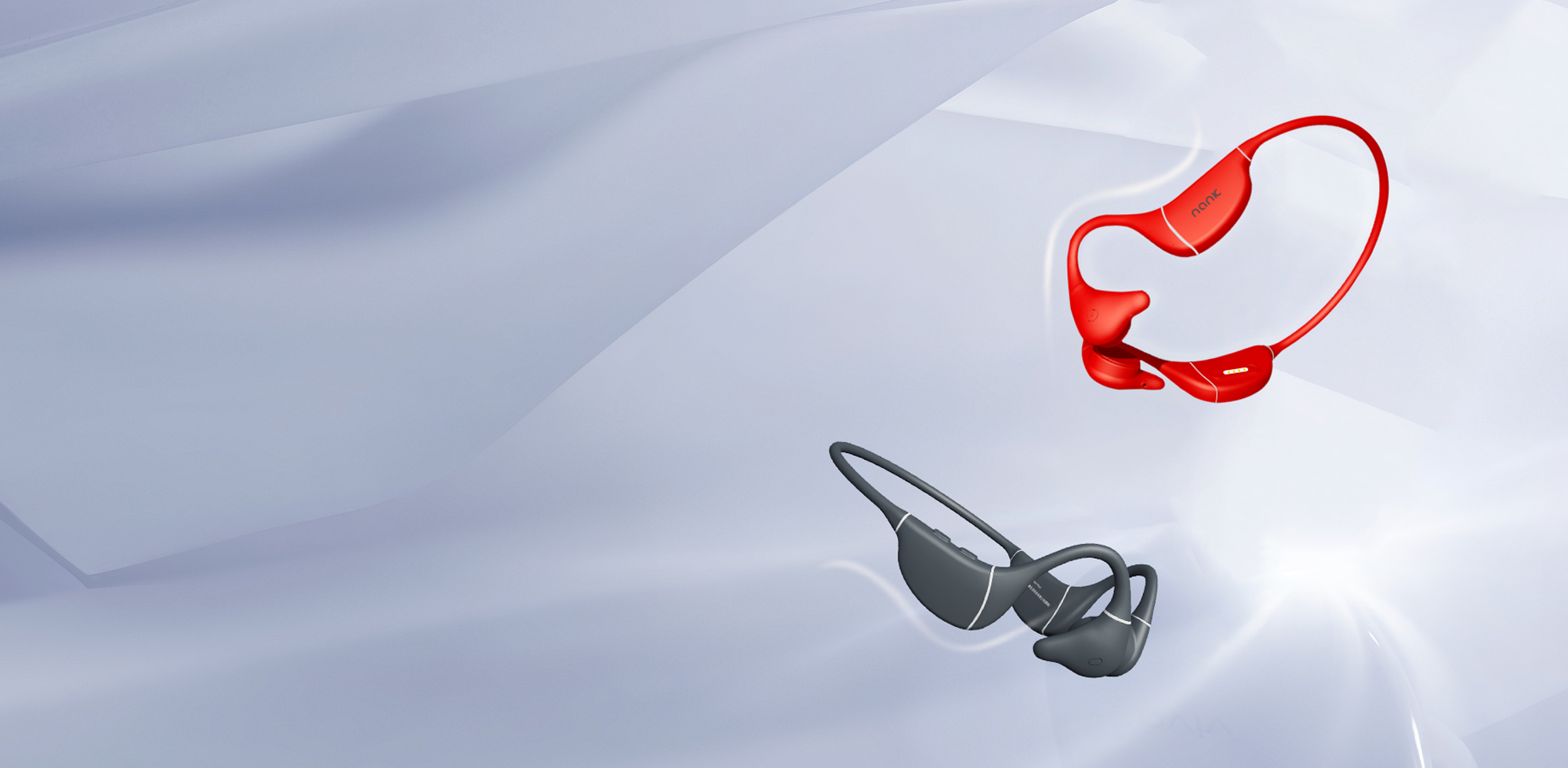Many people who want to work out have a question about when is the best time to work out? In the morning or at night? While this may seem like a simple question, the answer depends on your goals, lifestyle, and even your body's natural rhythms. The Centers for Disease Control and Prevention recommends that adults get 150 minutes of moderate-intensity aerobic exercise per week or 75 minutes of vigorous exercise per week. These activities help improve cardiovascular health, reduce the risk of infectious diseases, and strengthen bones.
So the best time of day to exercise isn't whether it's in the morning or at night, it's the time of day you can stick with it. Below I have some suggestions for the best time to exercise.
Related Article: 6 Essential Functional Movements You Should Be Doing
The best time to exercise is anytime
First let's get this straight: the best time to workout is any time. Unfortunately, we don't all have the time to schedule a 90-minute workout.
If your only workout time of the day is before work, mornings are best. If you save physical activity for busy evenings, then you'll likely never make the time.
Similarly, if you can only spare 20 minutes a day to exercise before bed, then that is the best time to exercise.
So the best time to exercise is any time you can, but the absolute best time of day to exercise is a time you can stick to for days, weeks and months.
In fact, people who exercise consistently over time lose weight better and get fitter. Research also shows that your body can adapt to a regular training program, so if you work out every morning, your morning workout is likely to be much better, as is your evening workout.
Let's take a closer look at what are the benefits and drawbacks of both morning and evening workouts.
Related Article: Best Open-ear Earbuds to Try in 2025
The Benefits of Morning Workouts

Boost Metabolism and Burn Fat: Morning exercise, especially when done on an empty stomach (known as fasted cardio), can be a game-changer for those looking to shed body fat. Exercising in the morning before eating helps your body burn fat more efficiently, as your glycogen stores are lower after an overnight fast. This metabolic boost not only helps with fat burning but also sets the tone for the rest of the day.
Mental Clarity and Productivity: One of the biggest advantages of working out in the morning is the psychological boost it provides. When you exercise first thing, you activate endorphins, which immediately lift your mood and set you up for a more productive, focused day. After all, when you feel good, you're more likely to perform well at work, school, or in your personal life. Plus, you’ll have already completed your workout, which eliminates the need to fit it in later.
Consistency and Habit Formation: Another perk of morning workouts is the ability to establish a consistent routine. Since mornings tend to be quieter and less cluttered, it’s often easier to stick to a regular schedule. With fewer distractions, you can develop a habit that becomes second nature—one that doesn’t rely on the unpredictability of evening plans.
The Disadvantages of Morning Workouts

Your body isn't functioning optimally: Most people don't wake up feeling agile and energised. You may feel stiffness and temporary inflexibility in your joints.
Warming up takes longer: Speaking of warming up, you may not feel as strong or powerful when you work out in the morning for one main reason: your core body temperature is lower. This makes warming up crucial for morning workouts - starting suddenly instead of easing in slowly can lead to injury.
The Benefits of Evening Workouts

Strength and Muscle Growth: While morning workouts can be great for fat loss and mental clarity, evening workouts often have the edge when it comes to building strength and muscle mass. This is due to higher body temperature and increased muscle function in the evening. Studies have shown that people tend to lift heavier weights and perform better in terms of endurance when exercising later in the day.
Reduced Injury Risk and Better Performance: Your body’s natural warming-up process takes place throughout the day, meaning your muscles and joints are more prepared for rigorous exercise by evening. For those who engage in high-intensity training, this is a huge advantage, as evening workouts can lower the risk of strains and sprains. Additionally, you might find that your strength, coordination, and endurance peak in the evening, making it the ideal time for challenging workouts.
Stress Relief and Better Sleep: Another significant advantage of evening workouts is their ability to relieve stress. After a long, hectic day, a workout can be a powerful way to decompress. It helps release pent-up tension and can even improve sleep quality by promoting deep relaxation. For many, evening exercise provides a mental "reset" before bedtime, enhancing their overall sense of well-being.
The Disadvantages of Evening Workouts

It may lead to poor adherence: if you're like many people, evening workouts may not be for you because you're too tired after a long day. Afternoon and evening workouts may interfere with daily duties, especially if things pile up during the day. If this is the case for you, try changing your routine to a short workout in the morning.
Conclusion
In the end, the best time of day to exercise is the one that fits seamlessly into your lifestyle and aligns with your goals. Whether you prefer the early morning energy boost or the evening strength surge, the most important thing is to make time for regular physical activity. After all, it’s not just about when you work out, but about creating a routine that you can stick with over the long term. Listen to your body, experiment with different times, and find what works best for you. Fitness is a lifelong journey—no matter when you choose to take that first step.
Of course a good workout doesn't come without good equipment, and if you get too bored while exercising, try our bone conduction headphones, which are specially designed for sports, or wireless open headphones. Using them can make you more relaxed and comfortable during your workout.

